Why Choosing an FTC Safeguards Compliant Tax Professional Matters This Tax Season
As we dive into the thick of tax season, many individuals and businesses are focused on getting their documents in order, maximizing deductions, and filing on time. However, there’s a critical aspect that often gets overlooked — the security of your sensitive financial data. With identity theft, data breaches, and cyberattacks on the rise, selecting a CPA or tax preparation specialist who is compliant with the FTC Safeguards Rule isn’t just a smart move — it’s essential.
What Is the FTC Safeguards Rule?
The FTC Safeguards Rule, part of the Gramm-Leach-Bliley Act (GLBA), requires certain financial institutions — including tax professionals — to implement specific security protocols to protect customer information. This means having safeguards in place to prevent unauthorized access, data breaches, and cyberattacks. The rule applies to CPAs, tax preparers, and any business that handles sensitive financial information.
Why It Matters During Tax Season
Tax season is prime time for cybercriminals. With millions of Americans submitting personal and financial data, the risk of identity theft and data breaches skyrockets. Social Security numbers, bank account details, W-2 forms — all this information is a goldmine for hackers.
If your tax preparer isn’t compliant with the FTC Safeguards Rule, they may not have the proper protections in place to secure your data, leaving you vulnerable to identity theft, financial fraud, and even IRS scams.
The Hidden Risks of Independent Tax Preparers
Many independent tax preparers and small tax businesses operate without fully understanding or adhering to FTC Safeguards compliance. While they might offer competitive rates and personalized service, they often lack:
Proper Data Encryption: Without end-to-end encryption, your personal data could be exposed during file transfers or storage.
Multi-Factor Authentication (MFA): MFA is a simple yet effective way to prevent unauthorized access to systems, but many independent preparers still don’t use it.
Written Information Security Plans (WISP): The FTC requires tax professionals to have a formal plan outlining how they protect client data. Many small-scale preparers overlook this.
Regular Security Training: Cybersecurity threats are constantly evolving. FTC-compliant firms ensure their staff is trained to recognize phishing emails, malware, and other common attack methods.
Without these safeguards, your most sensitive information could be at risk — and in tax season, that’s a risk you can’t afford to take.
How to Choose a Secure Tax Professional
Ask About FTC Safeguards Compliance: Don’t hesitate to ask your CPA or tax preparer if they are compliant with the FTC Safeguards Rule. A reputable professional will be transparent about their security measures.
Check for Industry Certifications: Look for preparers who hold professional certifications (like CPA or EA) and ask if they follow cybersecurity best practices.
Inquire About Data Security Protocols: How do they store your data? Is it encrypted? Do they use secure portals for document sharing? These are key questions that can reveal how seriously they take your privacy.
Verify Their Identity: Beware of “pop-up” tax prep services that appear only during tax season. Stick with established firms with a proven track record.
Your Data Deserves Protection
During tax season, it’s easy to focus solely on numbers — deductions, refunds, and deadlines. But behind every tax return is a trove of sensitive data that cybercriminals are eager to exploit. Choosing a tax professional who is FTC Safeguards compliant isn’t just about following the rules — it’s about protecting yourself, your family, and your financial future.
Before handing over your W-2s, 1099s, and Social Security numbers, take a moment to ensure your tax preparer is taking the right steps to keep your data safe. After all, peace of mind during tax season is priceless.
